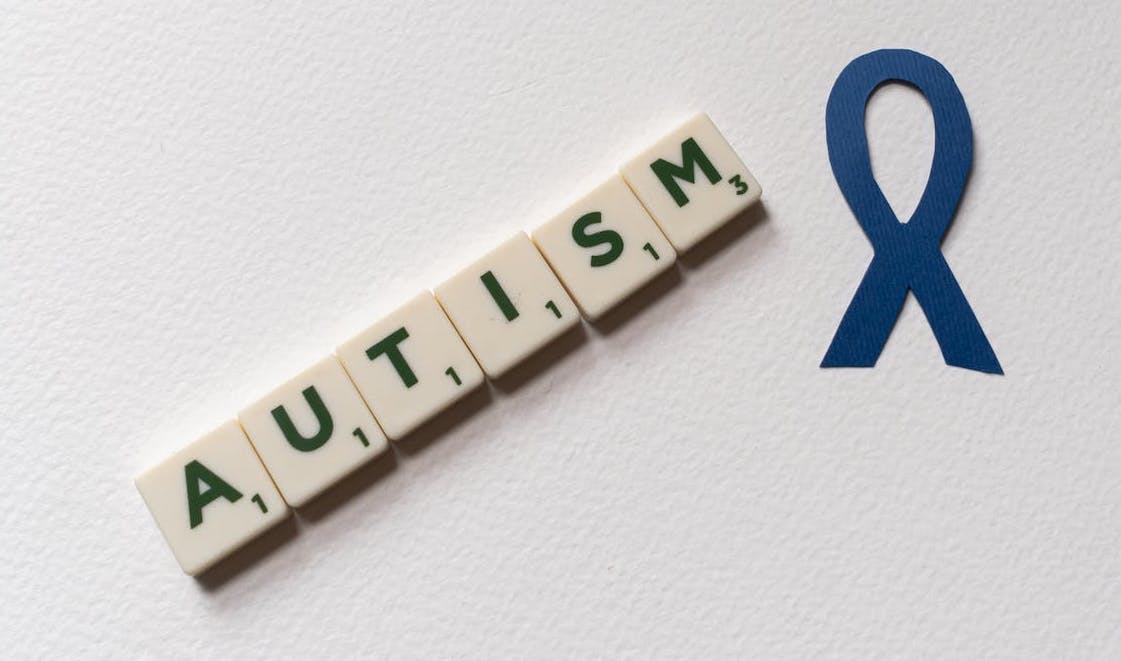SEARCH
Enter your search term below:
Close
Enter your search term below:

WORLD LEADING BUSINESS SUPPORT

It is widely estimated that around 700k people in the UK are diagnosed with autism. For those diagnosed and undiagnosed, day-to-day challenges can often have a negative impact on their quality of life and mental health, particularly anxiety. Differences in how autistic people prefer to communicate and interact with the world, sensitivity to certain sights and sounds, and worries about uncertainty can all make it hard to maintain positive well-being.
The Brain in Hand system is designed to help people maintain their own well-being through the use of personalised tools, resources, and strategies available on their phones at any time. In addition to these digital tools, Brain in Hand includes human support: solution-focused coaching and a 24/7 support network that enables users to request extra help when they need it. With this combination, Brain in Hand aims to help people solve problems, manage anxiety, and develop their confidence and independence.
In 2019, Brain in Hand was granted a first-phase feasibility fund from SBRI Healthcare: the Small Business Research Initiative, an Accelerated Access Collaborative initiative in partnership with the Academic Health Science networks. This allowed them to work with a small number of NHS trusts to develop and test a personalised digital approach to health and social care for autistic people. A second SBRI award then funded a first-of-its-kind study into the impact that digital self-management tools like the Brain in Hand system could have on supporting autistic adults.
The recent study assessed clinically diagnosed autistic adults and those waiting on assessment lists in seven NHS sites across England and Wales. Conducted by Cornwall NHS Trust, the University of Plymouth, and CIDER (Cornwall Intellectual Disability Equitable Research), the study focused on the role and impact of Brain in Hand’s technology on autistic people across the country.
Over the course of 12 weeks, participants were monitored to assess the impact of Brain in Hand on their overall quality of life. Using industry markers, HoNOS-LD (Health of the Nation Outcome Scales for people with Learning Disabilities), and the Hospital Anxiety and Depression Scale, the study was able to detect a change in participants’ mental health. Quantitative results showed that there were significant improvements in participants’ quality of life over the course of the study, with self-injurious behaviour reduced from 1.30 at the beginning of the trial to 0.58 at follow-up. Memory and orientation problems were reduced from 0.88 to 0.47, and communication issues also decreased from 1.00 to 0.39.
A sub-sample of participants agreed that they felt increased confidence and a greater sense of self-awareness as a result of using Brain in Hand’s technology. All participants from this randomly selected sub-sample said that they would recommend the tool to fellow autistic adults, based on their experience over the twelve-week period.
Professor Rohit Shankar MBE, who led the study, said: “Autistic adults are a vulnerable population with significantly higher rates of psychological distress, higher levels of self-harm, and increased premature mortality. Yet these adverse health outcomes for a proportion of autistic people could be avoided through appropriate levels of preventive health care and support.
“I think it is especially promising to see that Brain in Hand helped to significantly reduce anxiety and risk of self-injurious behaviour for those who completed the study. If we are to level the playing field for autistic people, we need to consider these types of innovative approaches that inform, enable, and empower people to manage for themselves.”
Dr Louise Morpeth, CEO of Brain in Hand commented that, “Autistic people are poorly served by our society. Support is hard to access, and research is woefully underfunded. The results of this study are an exciting new development and prove how human-backed technology can make a huge difference to autistic people. Brain in Hand is going a long way in helping to provide support for individuals who need it, all the while easing the strain on costs and resources for healthcare providers too.”
Get all the fresh insights first! Stay up-to-date with all the
latest investment news, blogs and all things SETsquared.
Close
Close